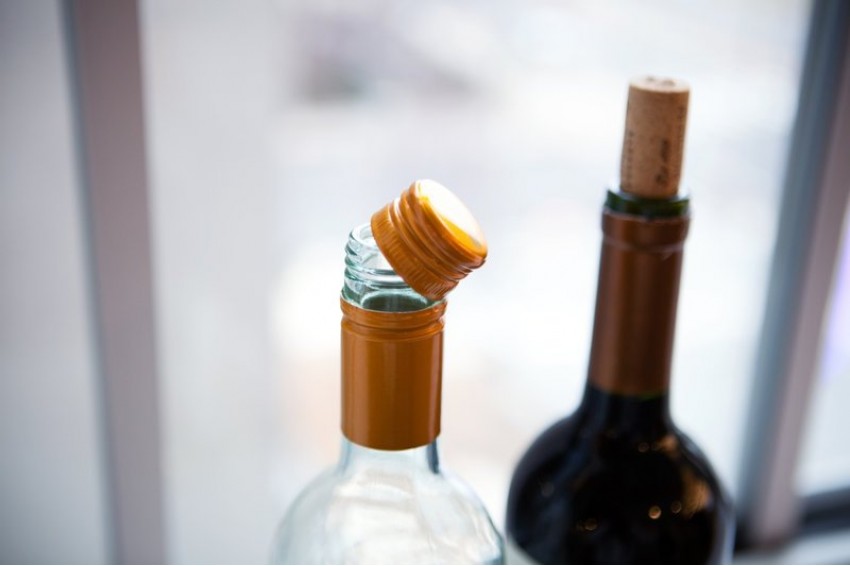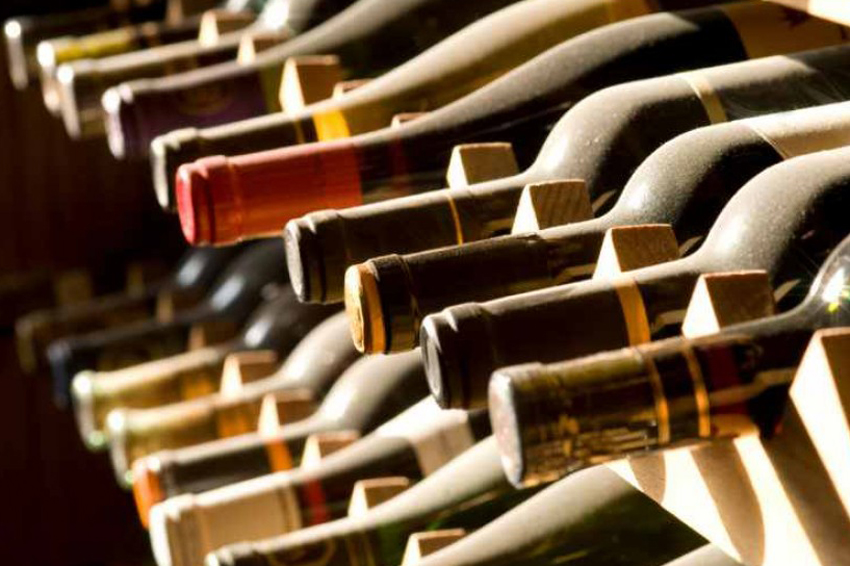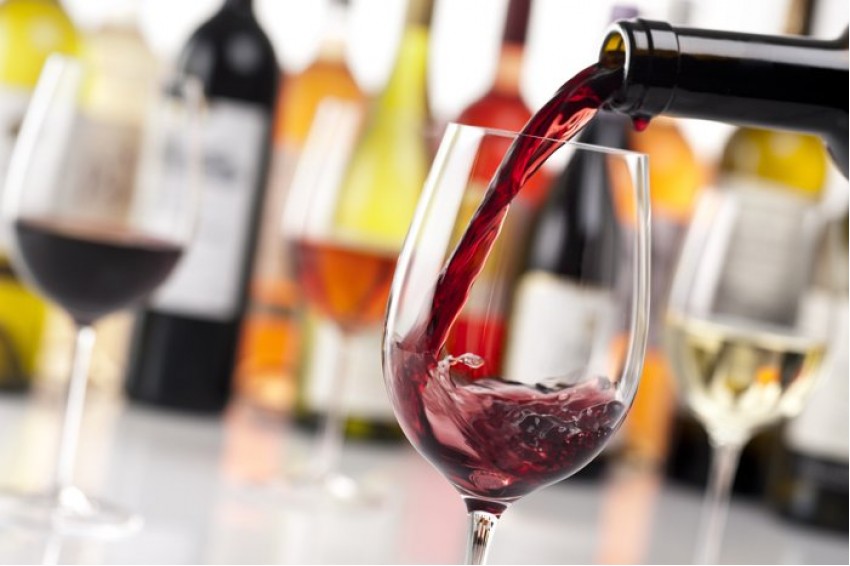Screw cap, agglomerated cork, synthetics and natural cork - the battle of what stands between you and your beloved bottle of wine is an ongoing controversy which sees little signs of slowing. Ask the question online and you'll likely be faced with a million conflicting views, from weekend wine drinkers to third generation wine producers. The experiments on screw cap versus cork are a hot topic, and ongoing conversations with Bon Coeur wine producers confirm we are currently seeing a race between screw caps' advance and natural corks' recuperation.
Research shows that since the rise of modern Europe (around 1400), corks were the preferred choice for closing the meticulously made wine. The reason? Cork was one of the few available, natural products that were malleable enough to safely store wine within a bottle. But as time has passed wine producers are constantly searching for the best and most consistent way to keep their wine in the very best condition for the consumer.
I have my own opinions about what's 'best' when it comes to wine closures, after all, who doesn't love the satisfying 'pop' of a cork being pulled? But this sentimental reasoning is simply not enough for a blog post that aims to give as much practical and factual advice on closures.
The Classic Cork
Corks are like the little girl in the poem by Henry Wadsworth Longfellow, “When she was good, She was very good indeed, But when she was bad she was horrid”.
A naturally renewable resource that is historically preferred and a proven long-term aging solution – corks still hold a pull for wine lovers across the world. However, a period of decreased quality cork manufacturing during the 1980's and the fact winemakers were tired of the so-called 'cork taint', (which can affect between 1-3%) made winemakers across the world rethink and start searching and implementing alternatives. In fact, famous winemaker Randall Graham of Bonny Doon, who, in 2002, held a funeral for the cork in New York City and San Francisco, declaring the screw cap as his closure of choice.
The Scrutinised Screw Cap
Whilst European wine producers are slower to embrace the screw cap than their New World counterparts, and indeed a cork closure is still mandated in certain Italian wines, screw caps are widely thought to provide the perfect seal, with different types of liner allowing differing levels of oxygen transfer.
So far, it seems screw caps are much more effective than other closures at retaining the natural freshness of wine, perhaps particularly suitable for wines such as Sauvignon Blanc and Riesling.
It's also important to note that almost 90% of wine produced is now intended for short term consumption - many of us 'buy to drink' rather than to 'age' – so screw caps are perfectly acceptable in this huge % of wine. Many wine producers now choose to use screwcaps on their lower level wines, saving the natural cork for their higher end wines that require aging.
The inside track from James Goodhart, Head Wine Buyer at Bon Coeur gives an insight into the market sentiment: “My personal view is that the cork offers a romance, that magical 'pop' often means relax and enjoyment time after a long day, whilst the screw cap or stelvin closure offers more freshness and often purity. The cork does allow wines to breathe and many believe this helps develop the wine but I haven't seen any evidence yet that this won't happen in the screw cap, obviously it can breathe but the wine will still develop. Several winemakers I know are experimenting and I look forward to tasting the results in year to come.”
“The advantage of the screw cap is that it has taken a lot of pressure off the cork industry so the quality of corks today are improving, though the price for high end natural cork is rising. It's common knowledge that often 1 out of 12 bottles will be affected by some cork taint which is why some bottles taste better than others.”
“You need to be careful of synthetic corks as often with age they become brittle and this can create cork failure as well as being very difficult to get out of the bottle or even off the corkscrew.”
Adding fuel to the fire, some winemakers say that screw caps harm a white but show very little changes in flavour to reds, whilst others are absolute in their thinking that cork is better for ageing and for the flavour of whatever wine is within.
Michael Brajkovich, Master of Wine (MW), winemaker from one of New Zealand's top wineries, Kumeu River, pioneered the introduction of quality wine to screw caps back in 2001 and is passionate about screw cap closures. “In my opinion, the way these wines age under a screw cap closure is exactly the same as with a very high quality cork. Unfortunately, many corks fail to exclude oxygen, and the result is oxidation, which has become a huge problem in White Burgundy wines from about the 1996 vintage on.”
In short, there is as yet no absolute on whether the classic cork outclasses the scrutinised screw cap – and I'm pretty sure the debate will never be entirely resolved. The question; does the evolution of the wine occur because small amounts of oxygen are allowed to interact with it due to the small pores in a natural cork (which couldn't occur with a screw cap because it forms an airtight seal)? Or do the tiny amounts of oxygen have nothing to do with a wine's evolution at all, because that evolution is caused by the wine interacting with itself?
Whilst corks are undeniably more inconsistent, that could be seen to only contribute to the adventure of the wine experience. And aging wines is an adventure of a certain sort! But for the wine producer who is intent on creating a wines with the least possible chance of being 'spoilt' – the screw cap looks set to only become more popular.
Cork closure is steeped in tradition, the known and trusted ability to age a wine under cork is certainly winning part of the argument for the moment, only time will tell whether the Screw Cap can reign supreme.
Which do you prefer?
SHOP CORK WINES
SHOP SCREW CAP WINES






